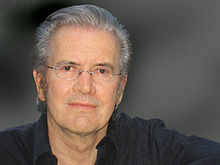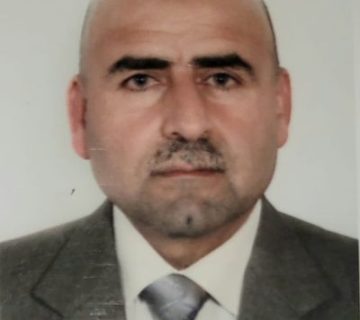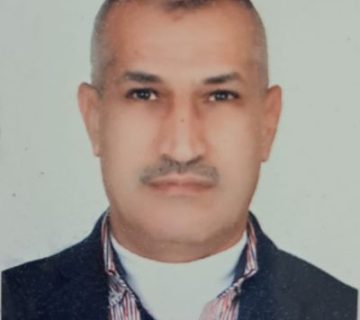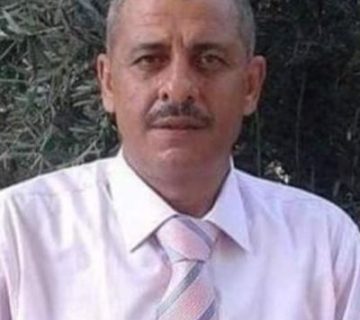Jürgen Todenhöfer was born on the 12th of November 1940 as the son of a judge in the German city of Offenburg/Baden.
In 1959 he completed his high school studies in the city of Freiburg. He then studied law and political science at the Universities of Munich, Paris, Bonn and Freiburg. He completed his training as a qualified lawyer in 1969 and received his doctorate in law from the University of Freiburg.
In 1970 Todenhöfer joined the political party CDU (Christian Democratic Union). Shortly thereafter, he became personal assistant of the CDU’s Secretary General Dr. Bruno Heck in Bonn. In 1972 he became a judge at the Criminal Court of the city of Kaiserslautern.
In the end of 1972, he was elected to the German parliament. He remained a member of the “Bundestag” until 1990. Todenhöfer attracted as much public attention for his political activities as he did for his humanitarian endeavours. In 1975, he traveled to Chile and met with the then dictator Augosto Pinochet. This meeting paved the way for the release of 4,500 political prisoners.
Five years later, together with a photojournalist and some Afghan freedom fighters Todenhöfer traveled via Pakistan to Soviet occupied Afghanistan.
As the CDU / CSU parliamentary group’s disarmament expert he made worldwide headlines with his far-reaching proposals. In 1982, he argued for a swift reduction of the U.S. and Soviet Intercontinental Ballistic Missiles (ICBM) by 50 percent. In the early 1980ies Todenhöfer urged German politicians to come out with a stronger commitment to Germany’s reunification. In 1984 he became the first CDU delegate to grant the public a complete insight into his sources of income.
In 1987 Todenhöfer joined the “Hubert Burda Media” company, one of Europe’s largest publishing houses and became the Vice Chairman of its Board, the man behind Hubert Burda. He retired from politics in the year 1990.
It was only after the terrorist attacks of the 11th of September 2001 in the United States, that he returned to the public. He was outspoken in his opposition to the U.S.’s war in Afghanistan and critical of the planned campaign against Iraq. He argued fervently in favor of diplomatic solutions.
Todenhöfer published numerous best-selling books. His books center around his conviction that peace should be achieved through negotiations only. In 2003 he wrote “Who cries for Abdul and Tanaya?”, decribing the war-stricken lives of a young Afghan boy and a young Iraqi girl. He wrote “Andy and Marwa” in 2005 wherein he describes the fate of the American Andy and the Iraqi girl Marwa during the Iraq war. It was followed in 2008 by the bestseller “Why do you kill, Zaid ?” which was followed most recently in 2013 by his last book “Thou shalt not kill”. In 2010 he wrote a semi-biographic book titled “Share your happiness”. Todenhöfer donates the royalties that he receives for his books and the larger part of his private wealth to children projects in Afghanistan, in Iraq, in Jerusalem, in Syria and in the Congo and realizes other social projects as well, like the project that he has founded in Munich for elderly people who have grown lonely.
Todenhöfer has devoted his attention to the relationship between the Western and the Muslim world.
As a 20 -year-old freshman, he traveled to Algiers during the Algerian War, and to Tunisia during the crisis of Bizerte. He has since visited Arab and other Muslim countries on countless occasions.
He urged the U.S. governments to settle their conflicts with Iraq, with Syria and with Iran through negotiations. He took up this matter in direct contact with the governments of Muslim countries.
Todenhöfer is married to Françoise Laval, a French officer’s daughter. The couple, who separated in 2004, has three children. His hobbies included in his youth piloting and parachuting. Today he finds relaxation while skiing and while going for his regular Saturday afternoon football matches; he has a special interest in history and philosophy.





لاتعلیق